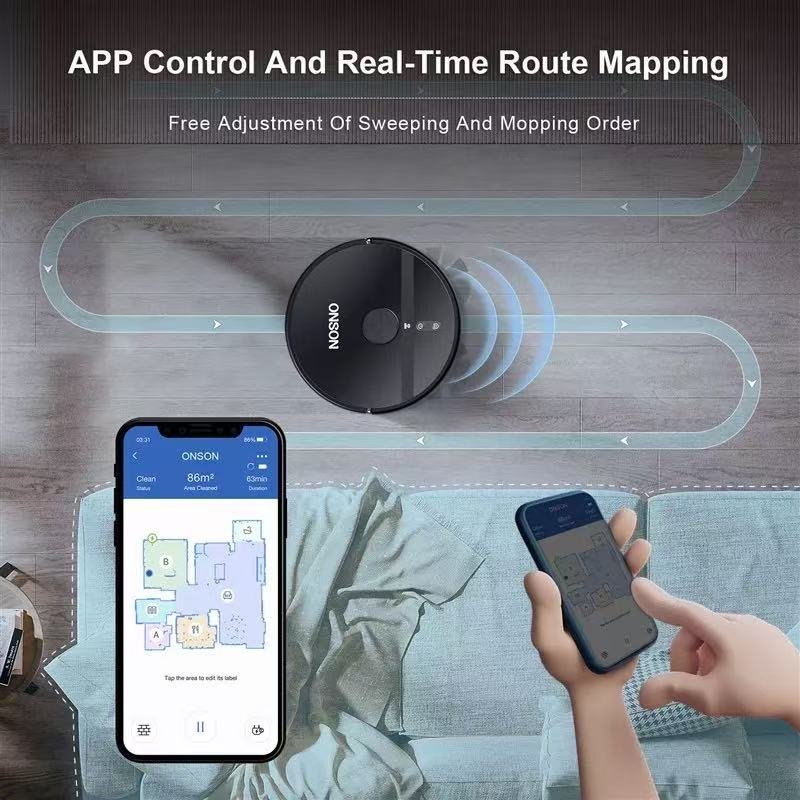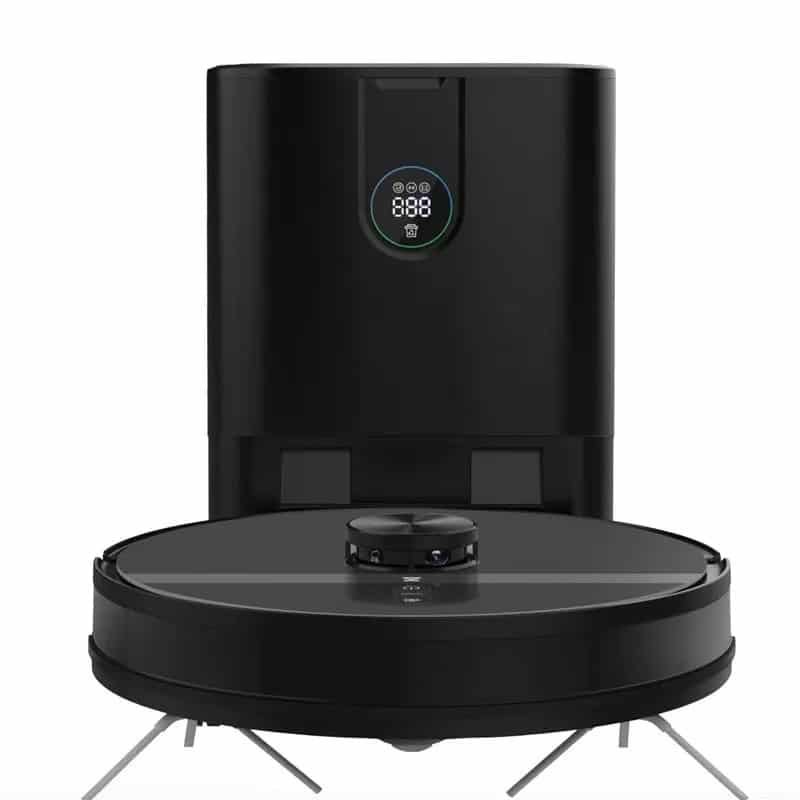Are you looking to turn your technical skills into a profitable, home-based business? The growing market for home appliances in Europe and America creates a constant demand for reliable repair services. For entrepreneurs, knowing (how to start a vacuum cleaner repair business from home) is the first step toward tapping into this opportunity. This guide will walk you through the process, highlighting how partnering with the right supplier can ensure your success.
Pain Points: The Market Need for Repair Services
Homeowners across Europe and America face common frustrations when their vacuum cleaners break down. Authorized repair centers are often expensive and slow, leading many consumers to seek out affordable, local alternatives. Additionally, the rise of complex models, including robot vacuums, makes DIY repairs difficult. This gap in the market is a perfect opportunity for skilled individuals. However, a major challenge for new businesses is sourcing quality replacement parts. An unreliable supply chain can lead to delayed jobs and dissatisfied customers.
Solution: Building Your Home-Based Repair Business
The solution is to establish a streamlined, home-based operation. The core of How to Start a Vacuum Cleaner Repair Business at Home involves setting up a dedicated workspace, obtaining basic tools, and most importantly, securing a trustworthy supplier for spare parts. By partnering with a supplier that offers a comprehensive range of components—from belts and brushes to HEPA filters and motors—you can service a wide variety of brands. Look for partners with ISO certification, which guarantees the quality of their parts. For those looking to expand, some suppliers even offer OEM services, allowing you to create your own branded consumables kits for resale.
Technical Parameters: The Tools and Parts You Need
To run an efficient service, your technical setup is crucial. Here are the key parameters for your business:
Essential Tools: A multimeter, screwdriver sets (including security bits), needle-nose pliers, and air compressors for cleaning.
Common Replacement Parts: You must stock high-demand items like motors, power cords, brushes, and filters. A robust supply chain ensures you can quickly get specific parts for brands like Dyson, Shark, or iRobot.
Quality Assurance: Always insist on parts from suppliers with ISO certification. This reduces the risk of comebacks and builds trust with your clients.
Business Software: Use invoicing and customer management apps to schedule appointments and track orders professionally.

Client Case Studies: Success Stories
Many entrepreneurs have successfully built businesses using this model. For example, John from Texas started his repair service from his garage. By partnering with a reliable supplier with a strong supply chain, he could offer next-day repairs for common issues. His reputation for using ISO certification quality parts made him the go-to repairman in his area. Another client, Maria from Spain, expanded her services by using OEM services to create her own line of vacuum bags and filters, significantly increasing her revenue.


